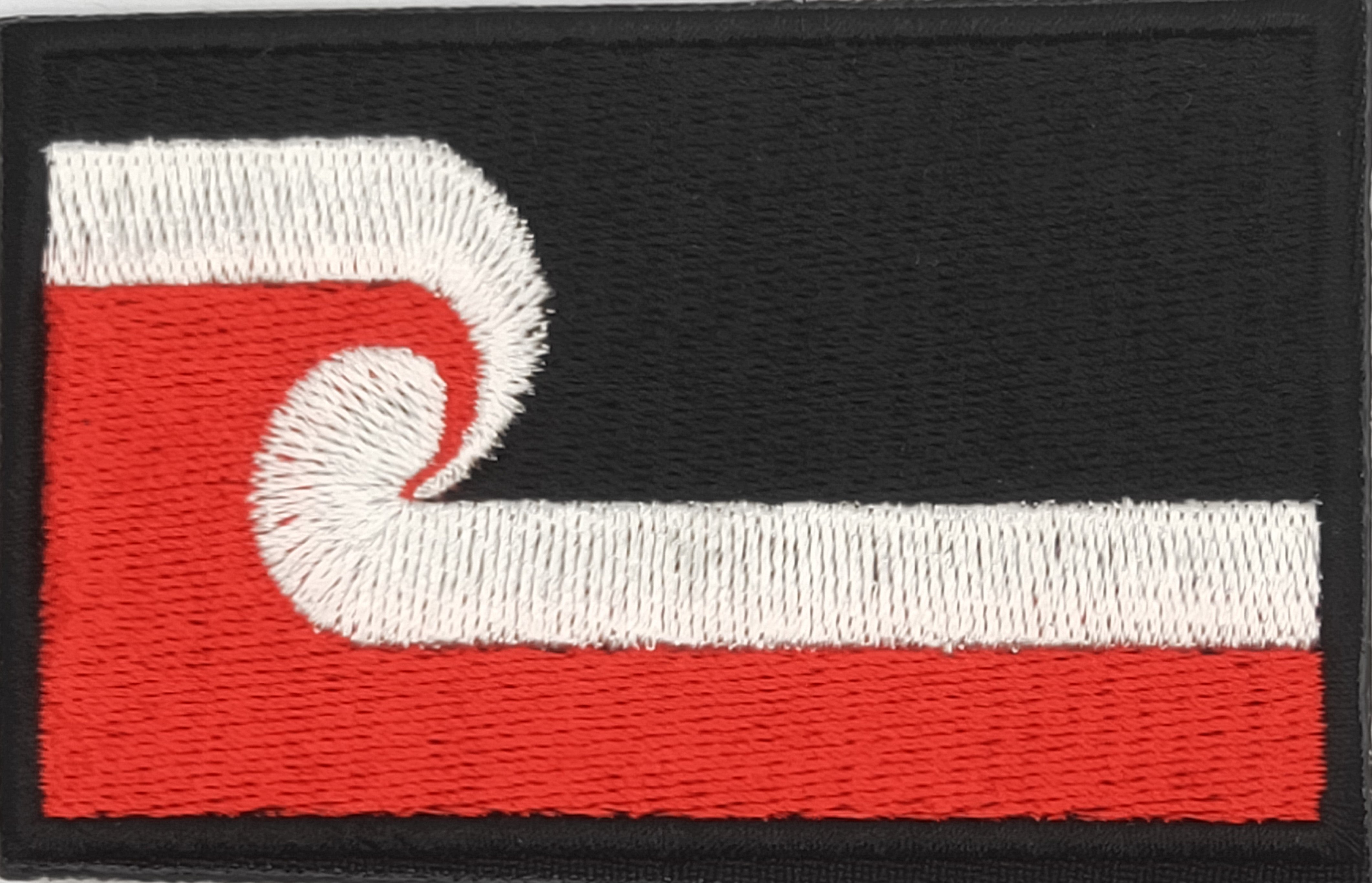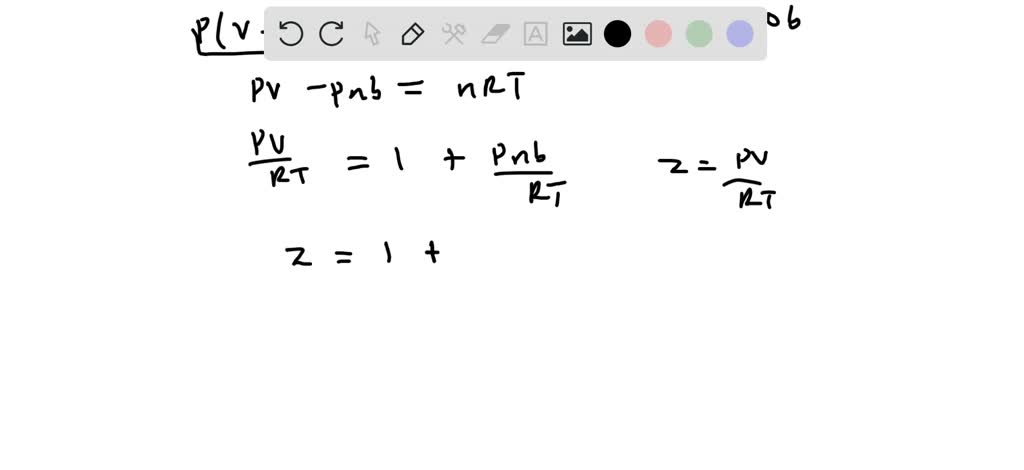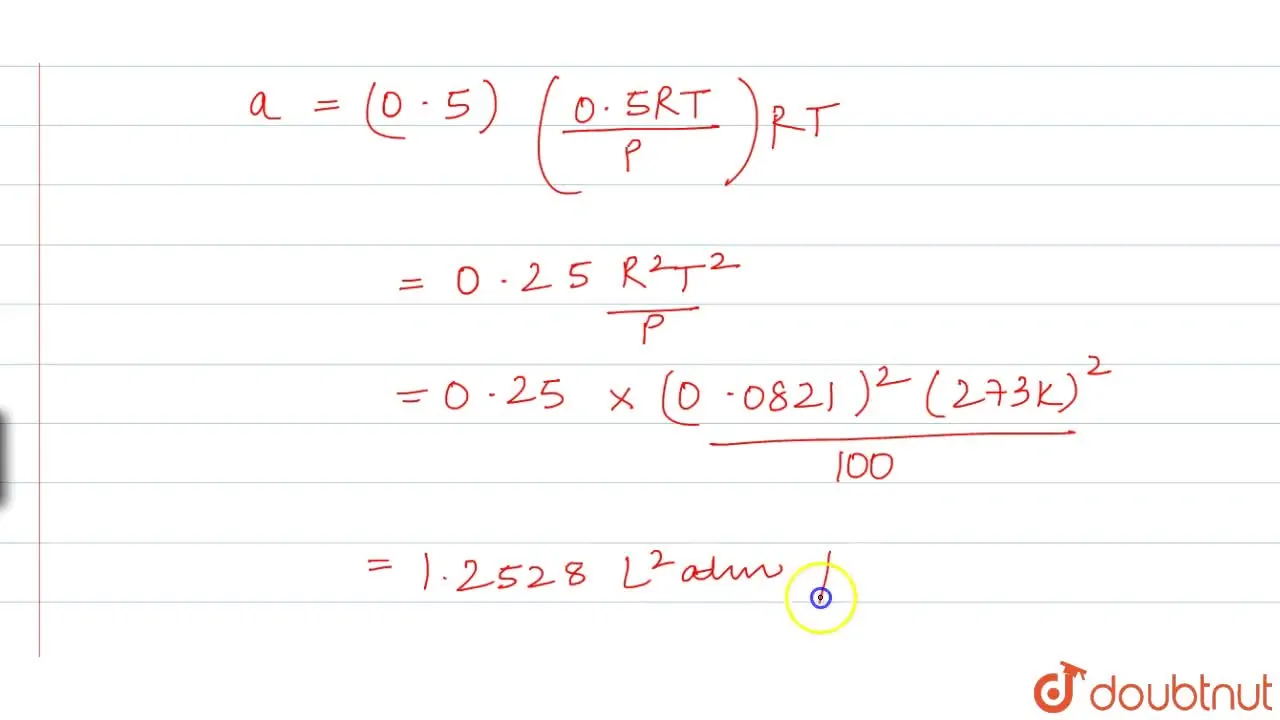- Home
- compression factor equation
- The compression factor (compressibility factor) for 1 mol of a van der
The compression factor (compressibility factor) for 1 mol of a van der
5 (147) · $ 10.00 · In stock
For 1 mol of a gas, the van der Waals equation is (P+(a)/(V(m)^(2)))(V(m)-b)=RT Ignoring b, we get (given volume of gas molecule is negligible) (P+(a)/(V(m)^(2)))V(m)=RT ltbgt or pV(m)+(a)/(V(m))=RT or (pV(m))/(RT)+(a)/(V(m)RT)=1 or Z=(pV(m))/(RT)=1-(a)/(V(m)RT) (i) It is given that Z=(pV(m))/(RT)=0.5implies V(m)=(0.5RT)/(P) With this, equation (i) becomes 0.5=1-(a)/((0.5RT//p)RT) or a=(0.5)((0.5RT)/(p))RT=0.25(R^(2)T^(2))/(p) Substiuting the given values, we get a=(0.25)[((0.082L atm K^(-1)mol^(-1))^(2)(273 K)^(2))/((100 atm))] =1.2528 L^(2) atm mol^(-2)

At 30^(@)C and 720 mm and Hg, the density of a gas is 1.5 g// l t. Cal

The root mean square velocity of the molecule is inversely proportiona
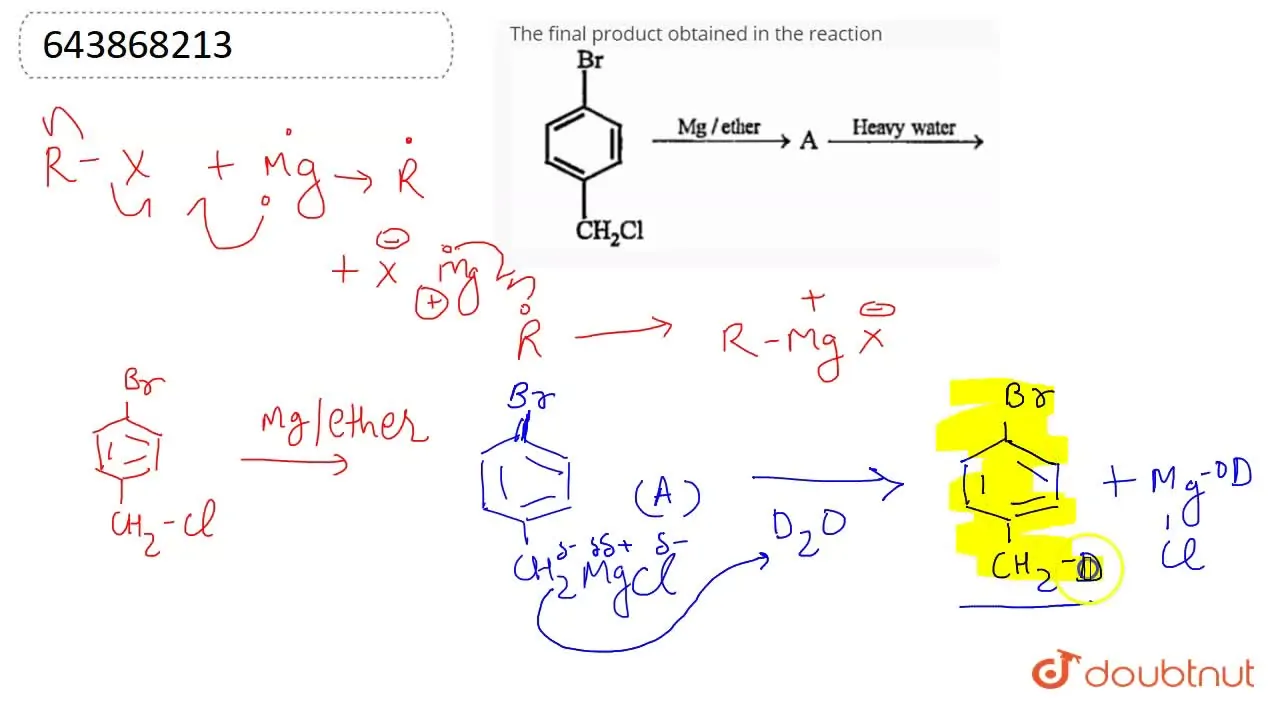
The final product obtained in the reaction
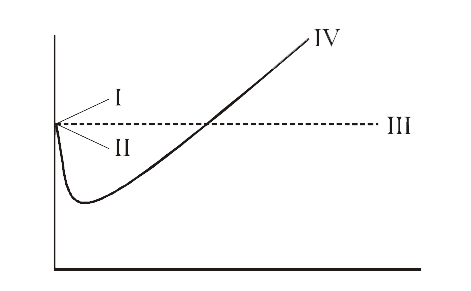
The compression factor (compressibility factor) for 1 mol of a van der
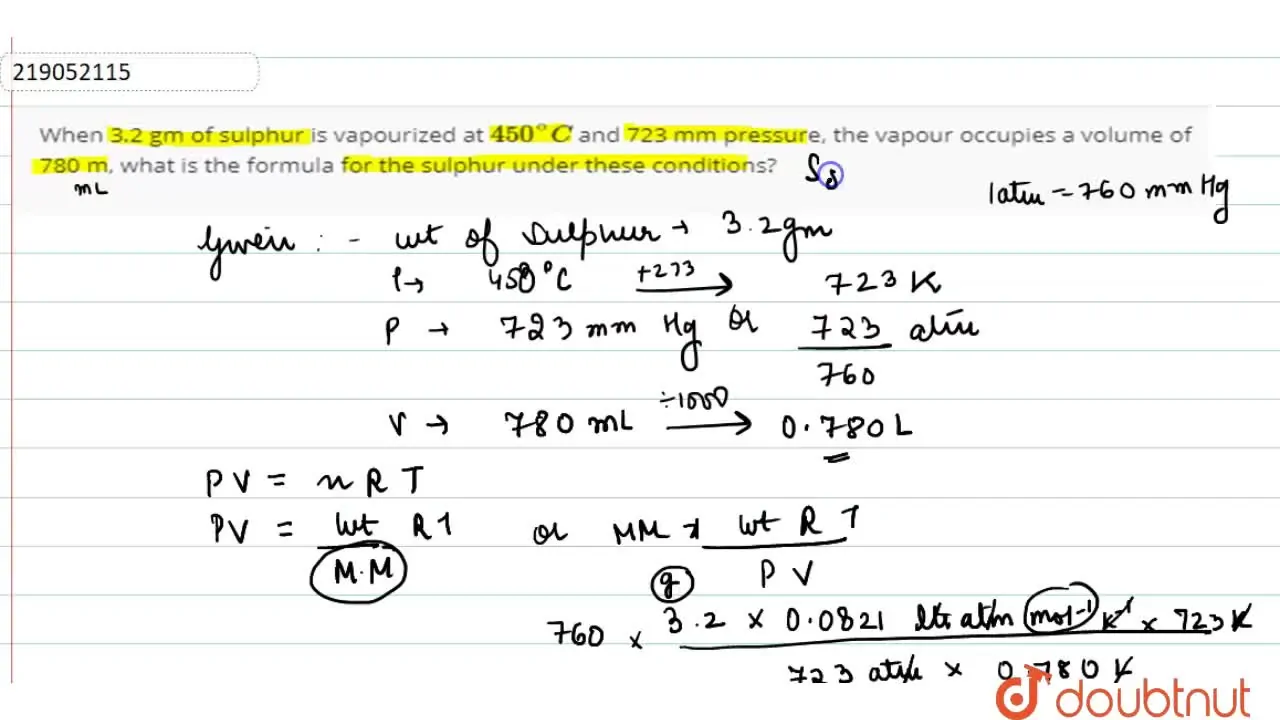
When 3.2 gm of sulphur is vapourized at 450^(@)C and 723 mm pressure
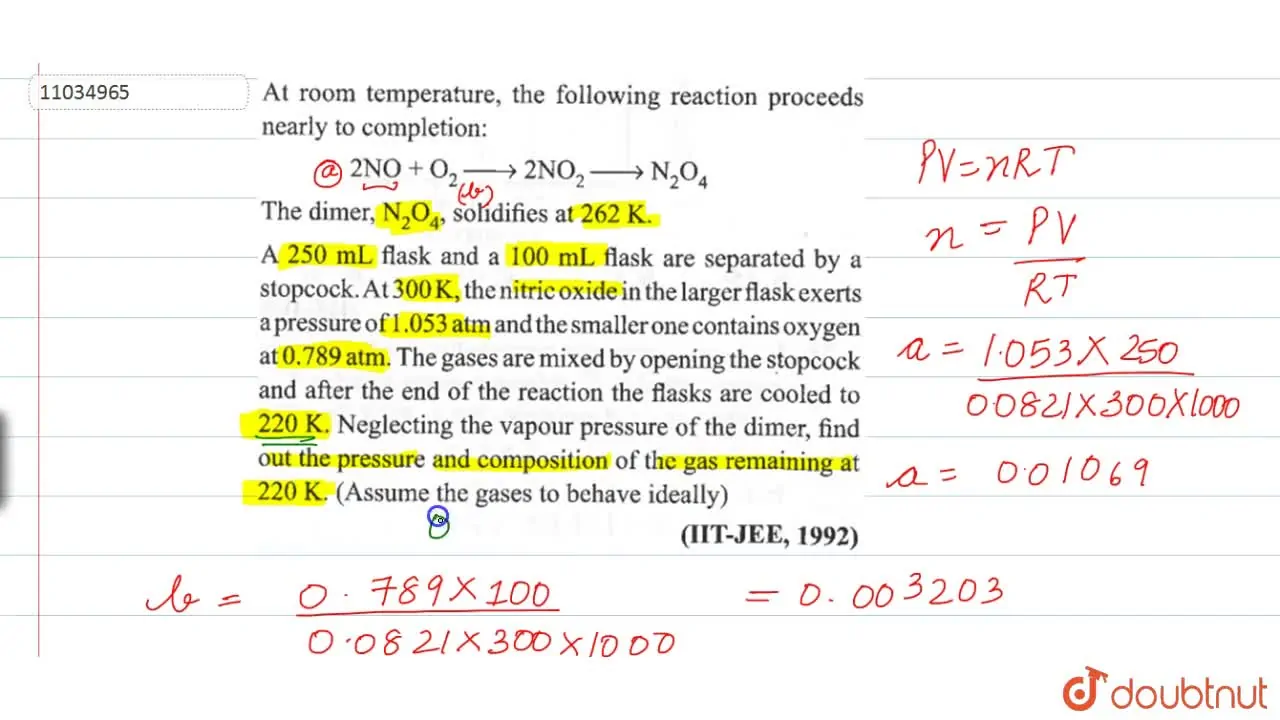
At room temperature, the following reaction proceeds nearly to complet
The compression factor (compressibility factor) for one mole of a
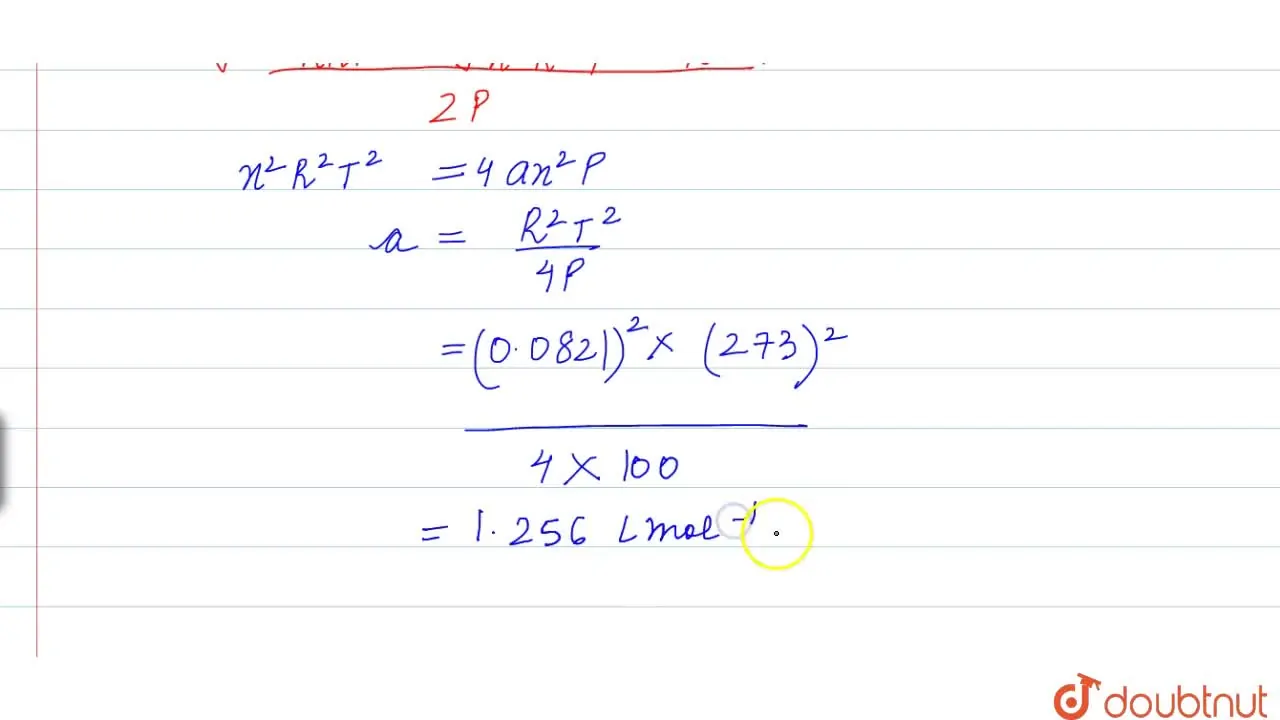
The compressibility factor for definite amount of van der Waals' gas a

The compressibility factor of gases is less than unity at STP. Therefo



